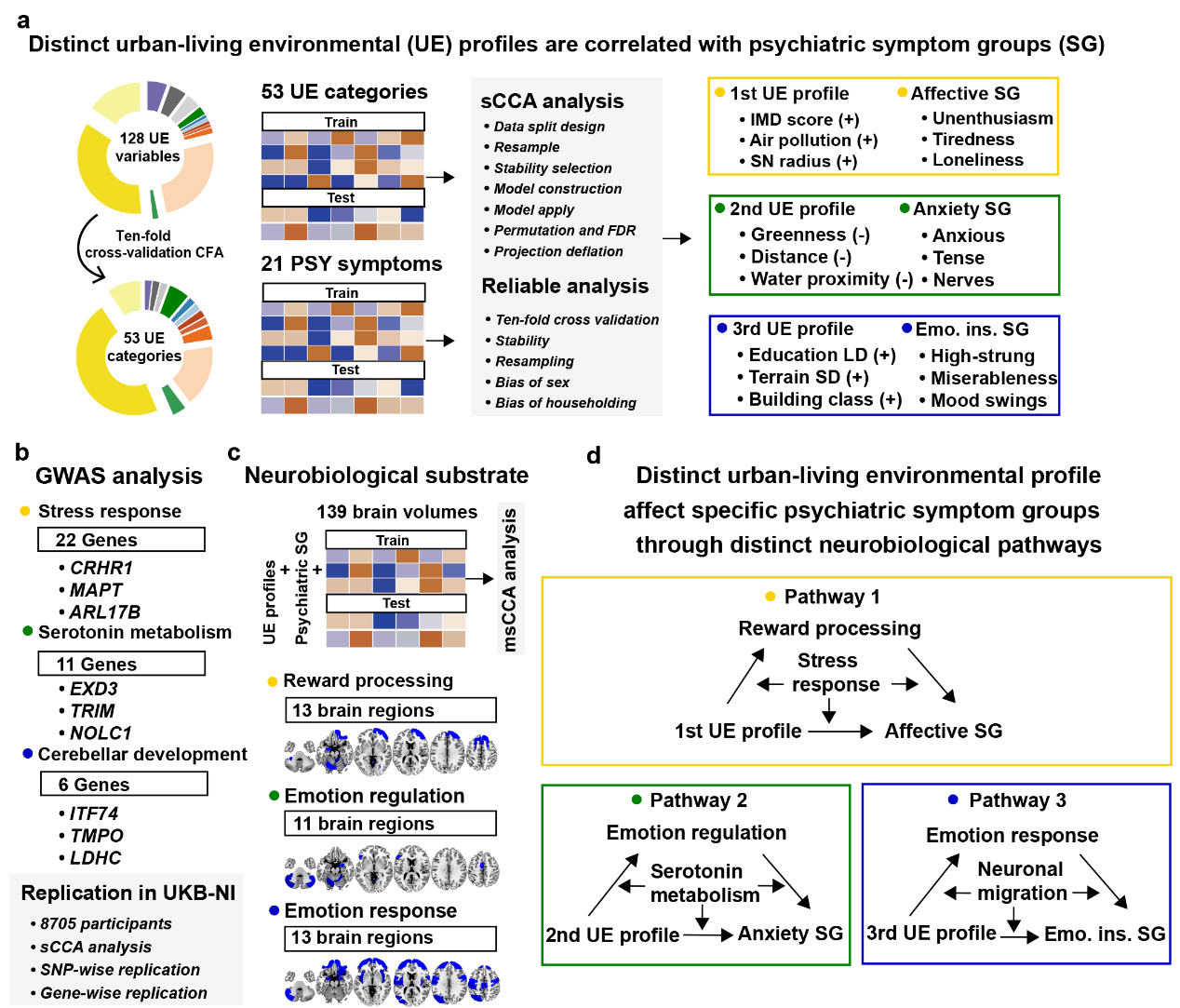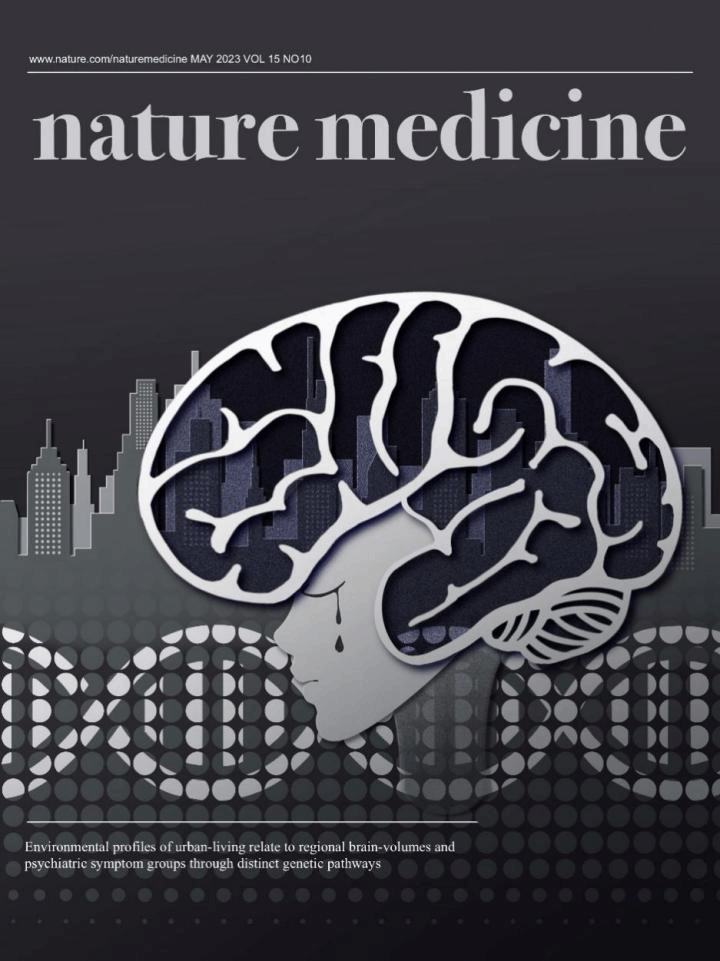An exponential rise in urban living has emerged over the past century. Over half of the world’s population now lives in cities, and this proportion is much larger in industrialized countries. More and more people choose to live in urban areas to have better access to healthcare, education and work opportunities. However, urban dwellers are also faced with specific challenges, including exposure to pollutants, lack of green spaces and crowding. There is a long history of studies pointing to an association between urbanicity and mental health problems - particularly for anxiety and depression, the most prevalent mental health disorders. Obtaining comprehensive and detailed assessments of urbanicity is a challenge. Studies tend to focus on specific aspects of the urban environment, such as population density, socioeconomic conditions or access to green spaces. Yet such factors are inherently interconnected and need to be considered in the broader context of urban environments.
Prof. Gunter Schumann (ISTBI) worked with Dr. Jiayuan Xu (Tianjin Medical University General Hospital), Prof. Andre Marquand (Radboud University Medical Center) and their teams to account for this natural complexity by examining many factors related to urban living and modeling them as specific environmental profiles in a large population sample, the UK Biobank. Crucially, their study is unique in that they integrated these profiles with data on brain anatomy, genomics and mental health. Their findings suggest that different environmental profiles of urban living may influence specific psychiatric symptom groups through distinct neurobiological pathways (Fig. 1 and Fig.2).

Fig. 1 Schematic summary of main findings

Fig. 2 Research philosophy
As the importance of this work in this field, Nature Medicine published a specific news and views on this work. They pointed out that “The study from Xu et al. marks an important step in untangling the links between urbanicity and mental health by taking into account the inherent complexity of urban environments. The authors’ observation that different clusters of psychiatric symptoms were related to different urban environment profiles clearly demonstrates the need to comprehensively model the broader environment, including physical and social aspects. Furthermore, they provide a solid basis for further research on possible mechanisms underlying the urbanicity–mental health link by showing that the anatomy of specific brain regions was associated with this link. In addition, their findings suggest that this link may differ depending on one’s genetic makeup.”
This work was published in Nature Medicine on 15 June, 2023.
Full Article:
Xu, J., Liu, N., Polemiti, E. et al. Effects of urban living environments on mental health in adults. Nat Med (2023). https://doi.org/10.1038/s41591-023-02365-w
About the Authors:

Dr Jiayuan Xu (First Author)
Junior Radiologist, Tianjin Medical University General Hospital
Dr Xu’s research focuses on MRI-based neuroimaging exposome-genomics and the underlying neurobiological mechanisms of Alzheimer's disease (AD) and major depressive disorder (MDD). These multidisciplinary studies based on big data have enhanced the understanding of the key influencing factors for human brain structure and function, and are helpful for the development of new technologies for improving cognitive function and preventing and treating AD and MDD. She published the results as the first author in journals such as Nature Medicine, Nature Human Behavior, Molecular Psychiatry, and Brain, etc. Dr Xu aims to further explore the research on biomarkers supported by the etiological mechanism of MDD, so as to provide reliable biomarkers for the study of biological subtypes of MDD and the evaluation and prediction of clinical diagnosis and treatment.

Prof. Gunter Schumann (Corresponding Author)
Professor, Director of Centre for Population Neuroscience and Stratified Medicine (PONS)
Prof. Schumann is an internationally renowned scientist who is shaping and coordinating European and global mental health research on prediction and neurobiological characterization of mental disorders. He investigates biological mechanisms underlying reinforcement-related psychopathology and the development of population neuroscience and precision medicine in Europe and globally. His interest lies in the identification of neurobehavioral phenotypes, for patient stratification. He conceived and is coordinating IMAGEN, one of the most comprehensive and successful imaging genetics studies to date involcing 18 European partners. He has been awarded a Horizon Europe Project ‘environMENTAL’, of which Fudan University is a partner, being one of the very few Horizon Europe partners in China.

